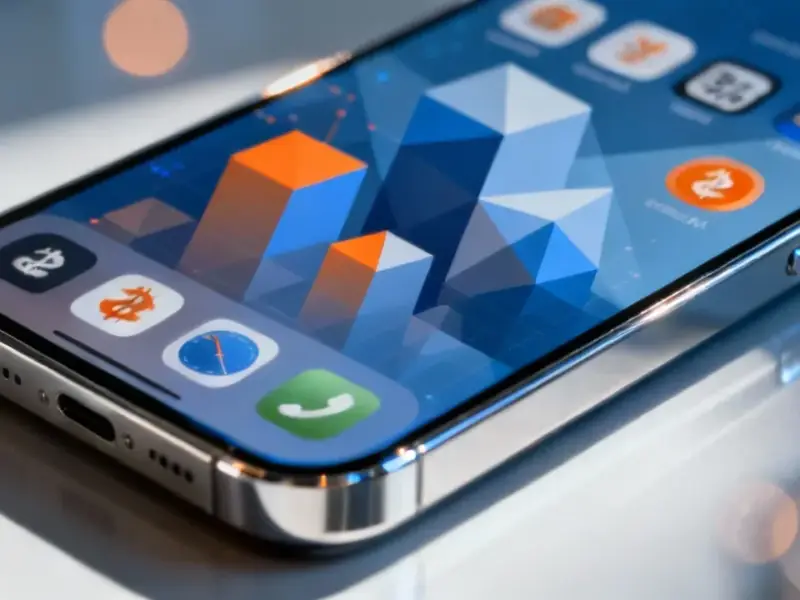According to Fast Company, Google and Epic Games just reached a “comprehensive settlement” that could end their four-year legal battle over Android app store rules. The companies filed a joint proposal in San Francisco federal court to resolve Epic’s antitrust lawsuit originally filed in 2020 alongside a similar case against Apple. Epic CEO Tim Sweeney called the deal “awesome” and said it doubles down on Android’s original vision as an open platform. The settlement specifically aims to streamline competing store installs globally while reducing Google Play service fees for developers. It also enables third-party in-app and web payments, creating multiple vectors for competition beyond what Apple currently allows.
The Android Revolution Begins
This settlement feels like a genuine turning point. For years, we’ve watched Epic take swings at the app store duopoly, and now they’ve actually landed a meaningful blow against Google. The key difference here? Android was always supposed to be more open than Apple’s walled garden, and this settlement pushes it back toward that original vision.
Here’s the thing though – we don’t know the exact details yet. Sweeney’s tweet makes it sound transformative, but what does “streamline competing store installs” actually mean in practice? Will users still see scary security warnings when installing alternatives? And those reduced fees – are we talking about the same kind of compromises Google already made with Spotify, or something more substantial?
Pressure on Apple Mounts
Now the real question becomes: what does this mean for Apple? Sweeney didn’t even try to hide the comparison, directly calling out Apple’s “model of blocking all competing stores.” This settlement gives Epic enormous leverage in its ongoing battle with Cupertino. Basically, if Google can make these concessions while maintaining a viable business, how can Apple justify its much stricter approach?
I think we’re witnessing the beginning of the end for the 30% app store tax as we know it. Between regulatory pressure in Europe, court battles in the US, and now this settlement, the walls are crumbling. Developers are getting more options, and consumers might finally see real competition in mobile software distribution.
What This Means for Developers
For app developers, this could be huge. Lower fees mean more money in their pockets. Alternative payment systems mean less reliance on Google’s infrastructure. And competing stores could create new discovery channels beyond the Play Store’s algorithm.
But let’s be real – changing user behavior is hard. Even with streamlined installation, will people actually bother downloading multiple app stores? The convenience of having everything in one place is powerful. Still, having the option alone creates competitive pressure that should benefit everyone in the ecosystem.
This settlement basically validates Epic’s entire strategy of fighting this battle through the courts rather than backing down. They lost some rounds, but they’re winning the war. And the timing couldn’t be better with all the antitrust scrutiny tech giants are facing globally.



